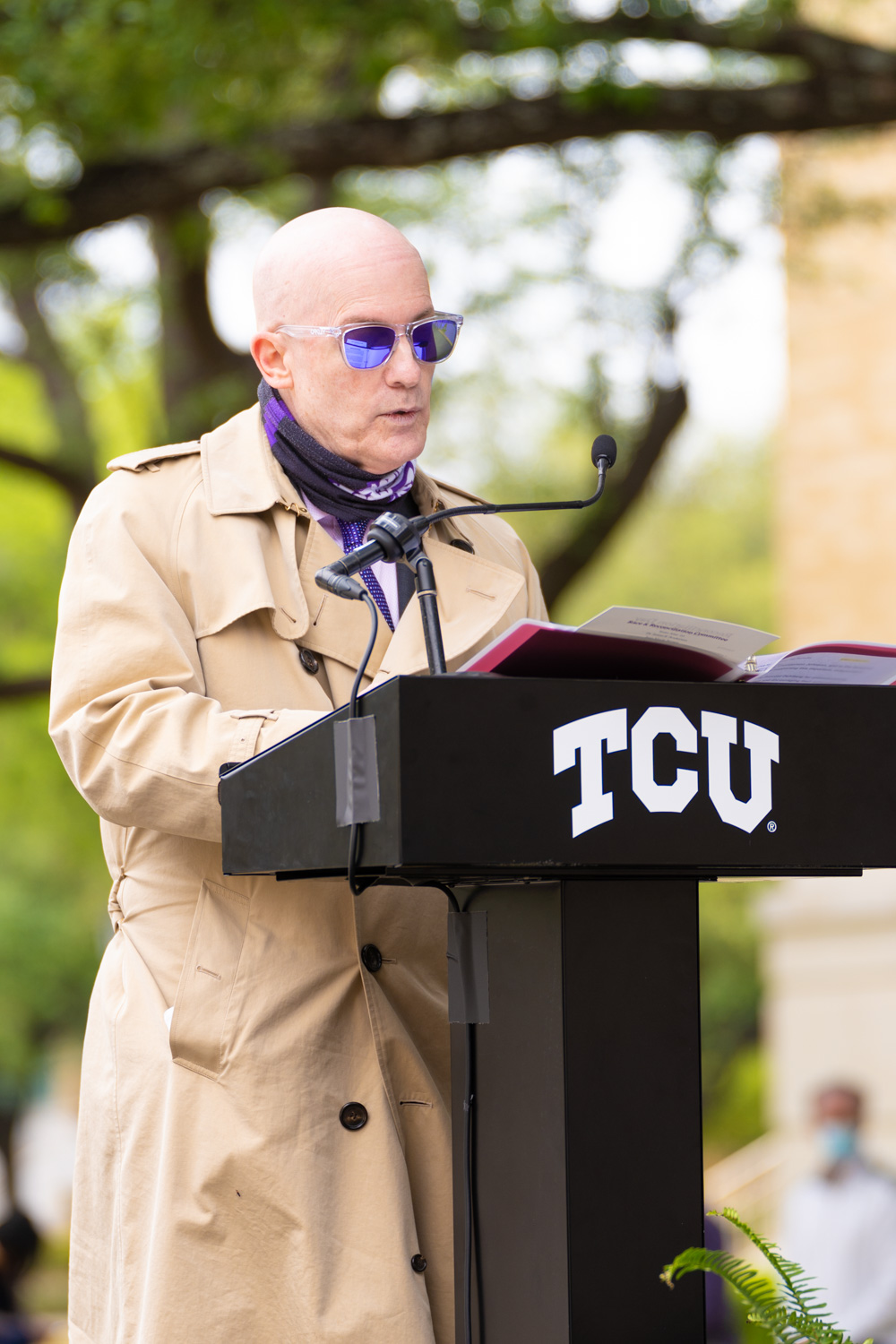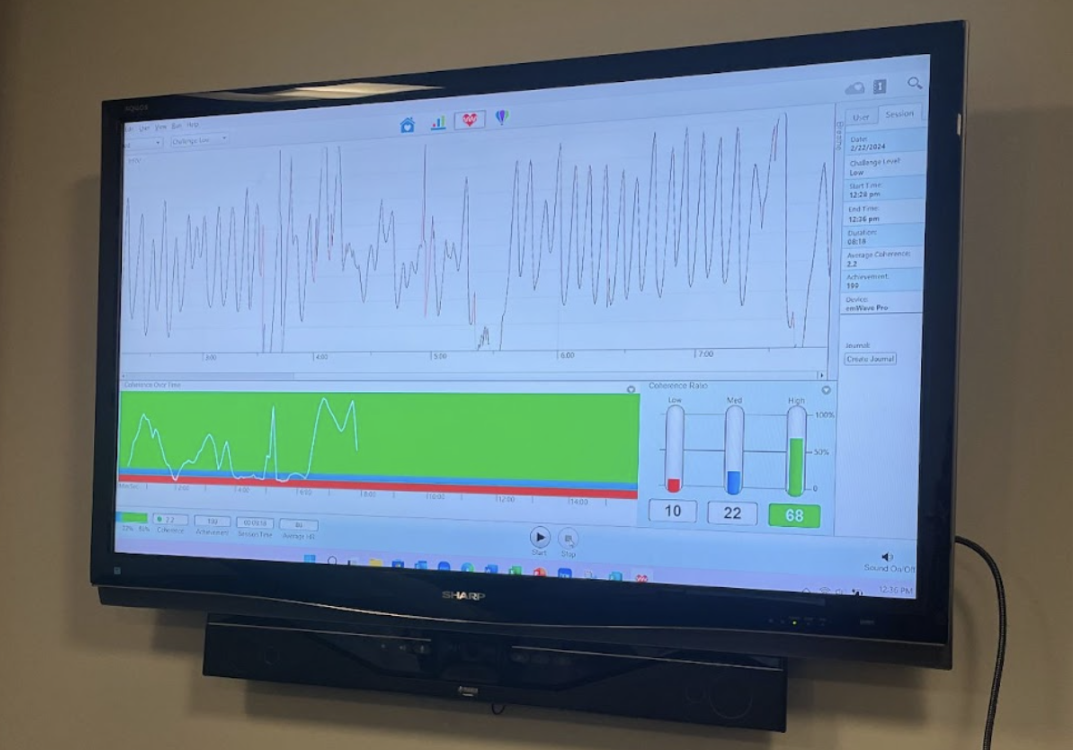**Editor’s Note: The following story has been edited for clarity to reflect the elements of the case that are still before the court. Updated Sept. 27, 2021.
A federal judge has dismissed almost all discrimination claims of two of the five black women who sued TCU.
Ashley Sylvester — previously under the pseudonym Jane Doe No. 4 — and Toya Okonkwo — previously Jane Doe No. 5 — joined a lawsuit that was initially filed by plaintiff Destinee Wilson — previously Jane Doe No.1 — against TCU and the former John V. Roach Honors College Dean Diane Snow, who was accused of abusing Wilson during a month-long summer course in Washington D.C.
Wilson filed suit in January of 2020, and by 2021, four other women had joined the case alleging a pattern of discrimination at TCU, according to the lawsuit. Many of the cases have been dismissed since but not the alleged abuse of Wilson or claims that minority students face higher risks of discrimination and that university officials responded to discrimination allegations with “deliberate indifference.”
In her most recent ruling, which was made public last week, Chief District Judge Barbara Lynn of the U.S. District Court for the Northern District of Texas granted TCU’s motion to dismiss the cases of Sylvester and Okonkwo because they were made after the statute of limitations had passed.
“These claims are not fanciful, conclusory, or speculative; indeed, if these allegations are factually accurate, they describe wholly unacceptable and shameful behavior,” Lynn wrote. “However, the Motion to Dismiss is based on purely legal grounds that, if established, preclude Sylvester and Okonkwo from going forward.”
Sylvester and Okonkwo both filed their first amended complaint (FAC) on Jan. 29, 2021. According to the court, they should have filed their lawsuit at least two years earlier.
Unlike Sylvester, Okonkwo has allegations within the statute of limitations.
According to the suit, in March of 2019, Okonkwo said she visited the Title IX office. The suit claims that rather than focus on how she was being treated, the discussion centered around whether her grades had been impacted where her efforts to make a formal complaint were disregarded, according to the lawsuit.
In November of 2019, the lawsuit said she met with the chancellor “to detail her complaints” and the chancellor asked her, “If there were a job at TCU for you, would you take it?”
Okonkwo also claimed she attended a meeting in May of 2019 where “she and other racial minority students were told their civil rights had not been violated.”
The court will continue to see Okonkwo’s complaints.
Read more: Judge won’t throw out claim that TCU officials were indifferent to discrimination
Motions to dismiss
Does-MTDorder-sep15Okonkwo and Sylvester were seeking relief for:
- Intentional discrimination based on the official policy under Title VI of the Civil Rights Act of 1964, and Title IX of the Education Amendments of 1972 (Count I);
- deliberate indifference under Title VI and IX (Count II);
- and the hostile environment under Title VI and IX (Count III).
Lynn concluded that Sylvester and Okonkwo were aware that their injuries were caused by the defendant over two years before they filed suit, and therefore, any claims prior to Jan. 29, 2019, were considered untimely.
Besides the statute of limitations, some claims of disparate treatment and hostile environment under Title IX were dismissed on the grounds that neither were determined discrimination based on sex.
All of Sylvester’s claims were dismissed. Okonkwo’s remaining claims are alleged violations of Title VI and Title IX official policy, deliberate indifference based on conduct occurring after Jan. 29, 2019 and her Title VI hostile environment claim.
All of the claims that were dismissed in this court order were dismissed with prejudice, meaning they can’t be brought back to court.
Sylvester and Okonkwo were both in the same Ph.D. program at TCU’s Department of English and said they had experienced similar hostility based on their race.
On Jan. 16, 2019, Sylvester quit the Ph.D. program.
Plaintiffs want Boschini deposition
Does-VBhearing-sep17
A hearing on Oct. 5 will discuss how and when Chancellor Victor J. Boschini Jr. will give a deposition.
TCU has argued that Boschini shouldn’t have to give a deposition because they assert he doesn’t have any “personal knowledge of relevant facts.”
On Sept. 23, Plaintiffs Destinee Wilson, Kiana Daw, Tymerra Coleman and Toya Okonkwo requested and were granted an extension of at least 14 days to respond to their defendants’ various motions for summary judgment, allowing extra time to review evidence and depositions.
The new deadline for their responses to the various summary judgments is Oct. 1.











